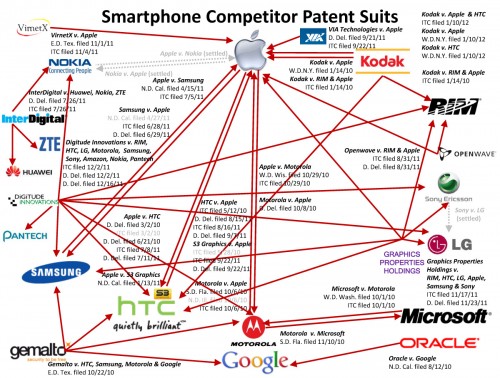Cyprus Mail reports:
AFTER spending 26 years in jail for killing two people, Andreas Aristodimou, aka Yiouroukkis, yesterday became the first lifer to be released on parole.
[…]
The board said the testimony before it had convinced them that Yiouroukkis was a changed man.
“The very serious offences committed by the applicant and generally his criminal record do not escape our attention,” the board said. “On the other hand, it is a real fact that the applicant has been in prison since January 16, 1987… ample time to punish all that he has done.”
That got me thinking on how long of a time 26 years actually are.
- I was almost 9 years old when this guy went to prison. That’s a second grade or so.
- My brother was almost 2 years old. And he just got married a couple of month ago. Wow!
- My parents were still married.
- We all lived happily in the USSR. Which, by the way, was still at war with Afghanistan.
- Spyros Kyprianou was the President of Cyprus. Until 1988. Then there wer George Vasiliou, Glafcos Clerides, and Tassos Papadopoulos. Now Dimitris Christofias is almost done.
- Cyprus was still using Cyprus Pouds, not Euros.
- Cyprus wasn’t a member of European Union. In fact …
- There was no such thing as European Union in 1987! The European Union was established in 1993.
- The Internet was in its infancy, and the Web wasn’t even invented yet.
- The mobile phones weren’t mainstream by any means. Cyprus Telecommunication Authority (CYTA) launched its mobile telephony services in 1988.
- The biggest release in the movies was probably Oliver Stone’s “Platoon“. James Cameron’s “Aliens” were about to hit the screens. And people were definitely waiting for it after Cameron’s “The Terminator” a couple of years before that.
- Kurt Cobain was still alive and Nirvana was just an idea.
- The World Trade Center towers were still standing and we haven’t heard the term “war on terror” yet.
The list can go on forever, of course. But that’s not the point. The point is in how drastically the world has changed in the last 26 years. I know, that people in prison can communicate with others, have access to mass media, and do, sort of, know what’s going on on the outside. But that’s not that same as living through all that. Just image hearing about all these things for 26 years and then coming out and seeing it with your own eyes!
I remember going on a trip to Russia, visiting my home town back in 2006. That was only about 9 years since I was there last, and I had weekly phone calls with some members of my family and friends, I had access to news and images online for all that time. And still, when I went there, it blew my mind how much the place has changed. People have grown up and started families. Trees got older. Buildings were raised and demolished. A million of tiny little details changed. Not to mention that my own perception of that place has changed. And that was only 9 years. I can’t really image how it would have changed in 26 years.
Once in a while, I find myself in a conversation about prison time and isolation. Something along the lines of “you’d rob a bank for a few million, hide the money, get caught, go to prison, come out in about ten years, get your life back and enjoy the money”. Or something else like that. Sounds simple, even almost makes sense. Now that I look at the list above, I realize that it sounds so simple, because the talk is about a future. As in you would know what you are missing. Nobody knows what’s going to happen in the next ten years and if these years will be worthy of sticking around. But if one would look back at the same amount of years, then it’s a totally different story. At least for me, those years are full of fun and cherished memories that I wouldn’t miss for the world!
Now, back to the original story. Andreas Aristodimou missed the last 26 years of his life because he was in prison for murdering two people. He was sentenced to life in prison. So not only he could have missed me more than 26 years, he could have stayed there forever. And he is just around 50 now. That sounds horrible. On the other hand, he got out and he has his life back. Sort of. Those two people that he murdered, they are gone for good. They missed the last 26 years too. But there is no way to bring them back.
